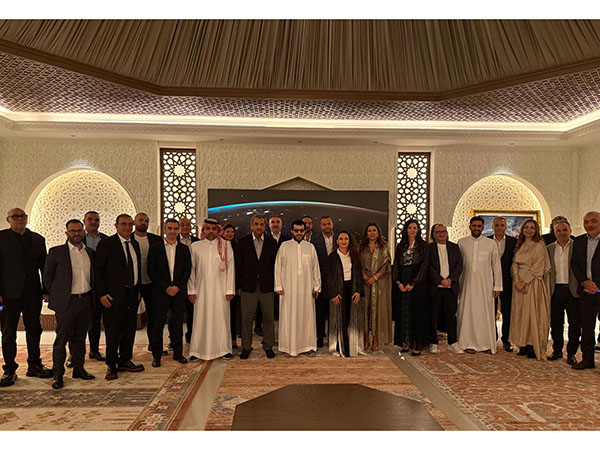News - News In Brief
MENA professionals pick their jobs based on the company’s management style
August 8, 2022

A new survey, conducted by the renowned Middle East job site Bayt.com, titled ‘What Makes the Ideal Manager in the MENA’, revealed that a whopping 97% of professionals choose jobs based on the company’s management structure and style. Furthermore, over half the respondents prefer working for a company with very clear organizational structure and reporting lines whilst 45% prefer flexibility in management structure and style.
Although some survey respondents believe that higher salary (10%) is more important than better management (20%), 71% believe that both factors play an equal role in choosing a particular job.
Managers Drive Employee Engagement
Given that higher employee engagement reaps rewards for the organization, it is clear that the role of a manager is highly essential.
According to the Bayt.com survey respondents, the most important part of a manager’s job includes communicating vision and directing efforts (56%), assigning tasks and responsibilities (21%), handling more challenging projects (17%) and providing feedback and training (7%).
During an interview, candidates judge a manager based on their communication and personality (44%), their questions and information shared (31%), their knowledge and years of experience (19%) while only 5% said they go with their gut feeling.
The survey reveals that perceptions toward management are evolving quickly. Most respondents believe that hierarchy in organizations is necessary for clarity (65%) and may be essential in larger organizations (33%) while only 2% believe that hierarchical structures are unnecessary and slow things down.
Ola Haddad, Director of Human Resources at Bayt.com said: “Bayt.com’s latest survey highlights the importance of the relationship between managers and employees. Respondents reveal a series of factors that are useful for managers to build high-performing teams. The research shows that it is critical that we also invest in and support good managers to benefit the economy with more people getting and keeping good quality, productive jobs.”
Management Approach and Employee Performance
Managing or leading people in a business requires a core set of management skills which require time and experience to develop.
According to the survey respondents, the most important characteristic of a good manager includes communication and listening (50%), decision making (28%), technical skills and knowledge (14%), flexibility (6%) and empathy (2%).
A substantial number of respondents believe that the manager’s age does not matters to them as a professional – 18% prefer having a manager who is closer to their age and 11% prefer their manager to be much older whereas 71% do not have an age-related preference.
An employee’s manager is always one of the biggest factors in how much they enjoy working for a company. 80% of survey respondents described their current or most recent direct manager as talented and knowledgeable, while only 8% described them as incompetent and unskilled.
Strong managers should focus on diagnosing individual employee needs and motivations – creating an environment that encourages transparency and skill sharing within their teams. Survey respondents revealed preference for different leadership styles – including democratic (highly communicative, consensus, team-oriented) (42%), administrative (follows rules and processes to keep outcome consistent) (29%), authoritarian (strict, inflexible micromanagement) (14%), affiliative (focuses on people over task, looks primarily at visions and values) (12%) and laissez-faire (uninvolved, depend on team to self-direct) (4%).













